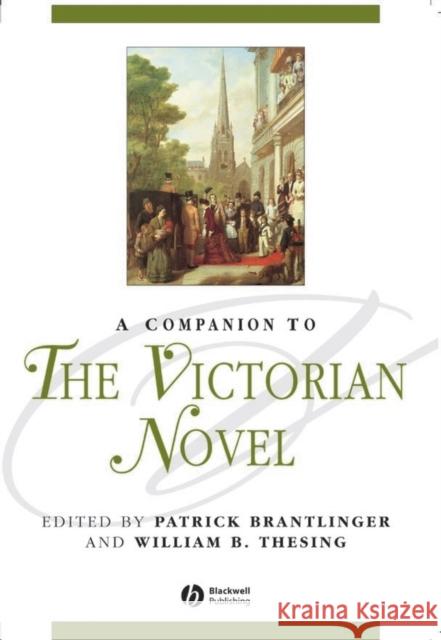A Companion to the Victorian Novel » książka
topmenu
A Companion to the Victorian Novel
ISBN-13: 9780631220640 / Angielski / Twarda / 2002 / 528 str.
The Companion to the Victorian Novel provides contextual and critical information about the entire range of British fiction published between 1837 and 1901.
- Provides contextual and critical information about the entire range of British fiction published during the Victorian period.
- Explains issues such as Victorian religions, class structure, and Darwinism to those who are unfamiliar with them.
- Comprises original, accessible chapters written by renowned and emerging scholars in the field of Victorian studies.
- Ideal for students and researchers seeking up-to-the-minute coverage of contexts and trends, or as a starting point for a survey course.











